National Geographic Educator CertificationWhile I've been very fortunate in taking an extended maternity leave with my son, I really miss the classroom! One source of enrichment for me this year has been volunteering at the Lucile Packard Children's Hospital School at Stanford. I love the engagement with students, whether helping them with coursework or playing educational games. Volunteer teaching there has also allowed me to complete a National Geographic Educator Certification course. It's been a powerful learning experience that I'm excited to share with you all. National Geographic Educator Certification is a free professional development course open to any preK-12 educator committed to helping students investigate the world and positively impact it. In the three-month course, I refined my skills incorporating natural-human world interactions and multiple scales & perspectives into my instructional design. I've also been introduced to the National Geographic Learning Framework that's built around a set of Attitudes, Skills, and Knowledge embodied by their Explorers. I especially appreciated the sense of community in the online network of participants. The course culminated in using Nat Geo resources to teach two lessons and then producing a capstone video that highlights one of them. In my capstone lesson, students learned how monarch butterfly populations are being impacted by human activities. Lesson Overview and VideoFirst, students read and discussed a National Geographic article about monarch butterfly population decline due to global climate change and habitat loss. Next, students summarized the article in narrative structure by constructing an And-But-Therefore (ABT) statement. Then, students learned more about effective persuasive letter writing with a resource from National Geographic Kids. Finally, after researching native host and nectar plants, students wrote letters to Stanford about growing more of these plants on campus to aid in monarch butterfly conservation. I'm very proud of what students accomplished in this one lesson. At first, I was worried because the hospital school environment prohibits some of the practices previously central to my science teaching like outdoor field work and and long term investigations. Yet I discovered that I can utilize the National Geographic Learning Framework in any setting. In fact, constraints often just make educators like me more creative. Lesson Plan and Other ResourcesHere's the Motivate for Monarchs! lesson plan I developed, which is aligned to the Next Generation Science Standards and the Common Core State Standards in ELA/Literacy. In it, I've also included many ideas for extensions from planting a butterfly garden to participating in citizen science projects. In addition to the lesson plan, you'll find my Persuasive Letter Rubric and the Background Research Recording Sheet. You have all the resources you need to implement this lesson as soon as tomorrow! All documents combined in one PDF can be easily downloaded by clicking here. Please contact me if you'd prefer editable documents, for I'm happy to have teachers customize or re-mix this lesson as needed. Keep in mind, the framework of this lesson can be used for any conservation issue students are passionate about. Summarizing scientific text with ABT statements and writing persuasive letters are highly transferable skills that help improve science literacy. The lesson could also be a wonderful interdisciplinary project for science and language arts classes. Get #NatGeoCertifiedThrough their Educator Certification program, National Geographic supports the growth of teachers who are inspiring the next generation of "explorers, conservationists, and changemakers." That's a mission you'll surely want to join. Also, teachers from the Certified Educator Community are eligible to apply for the National Geographic-Lindblad Expeditions Grosvenor Teacher Fellowship Program, an incredible professional development experience that includes an expedition in places like the Galapagos, Iceland, or Antarctica.
You might remember I was honored with a Grosvenor Teacher Fellowship in 2014 and voyaged in 'The Land of the Ice Bears'— Arctic Svalbard. This was before the Educator Certification process was developed. It's been amazing to continue my learning journey with National Geographic, and now I am (hopefully) soon-to-be Nat Geo Certified. If you're interested in registering for an upcoming cohort or want more information, click here and start exploring! 7/15/2019 04:05:37 am
Motivation is a huge part of what makes people succeed in life. Those who do not have the motivation to do things, will never make a proper living for themselves. I know a lot of people who are just alive, but are not really living. Motivation takes a lot into consideration. Personally, what motivates me to be the best is my passion for my craft. I want to be the best at what I do, and I am motivated to reach the summit.
parker
1/6/2020 07:29:53 pm
my favorite part was seeing you swim with the penguins. Comments are closed.
|
AuthorThis blog contains occasional dispatches from my science classroom and professional learning experiences. Thank you for reading! Archives
December 2021
|
|
Cristina Veresan
Science Educator |
Proudly powered by Weebly
|
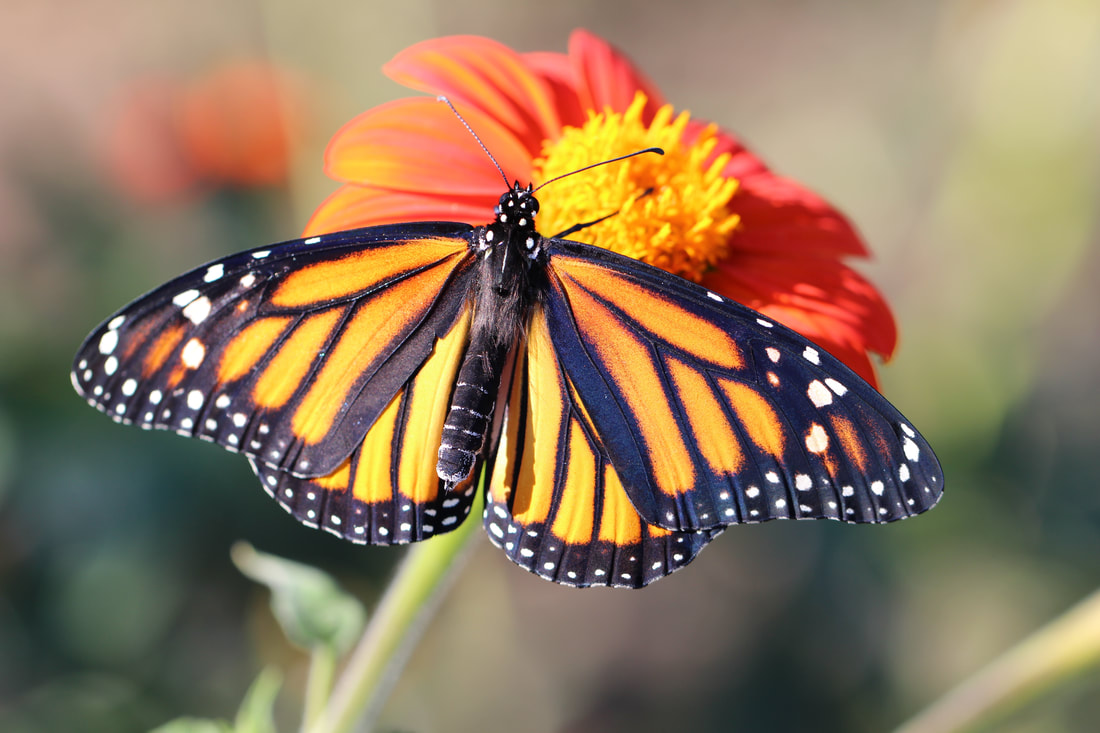
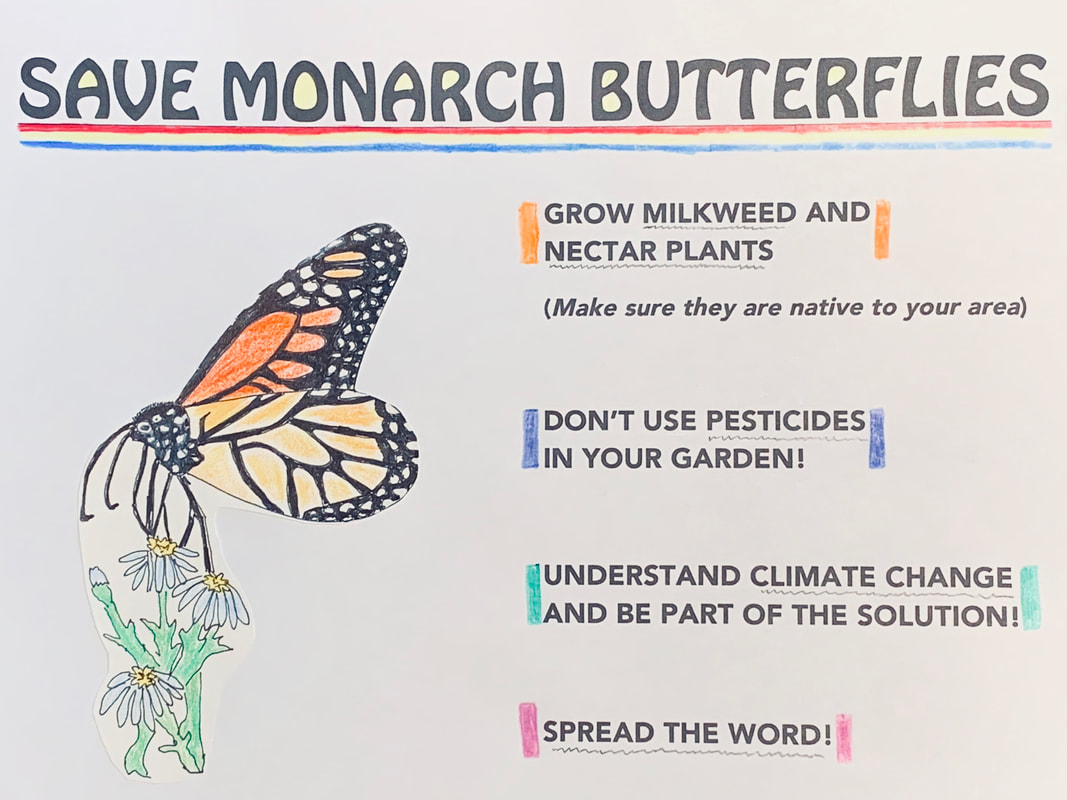
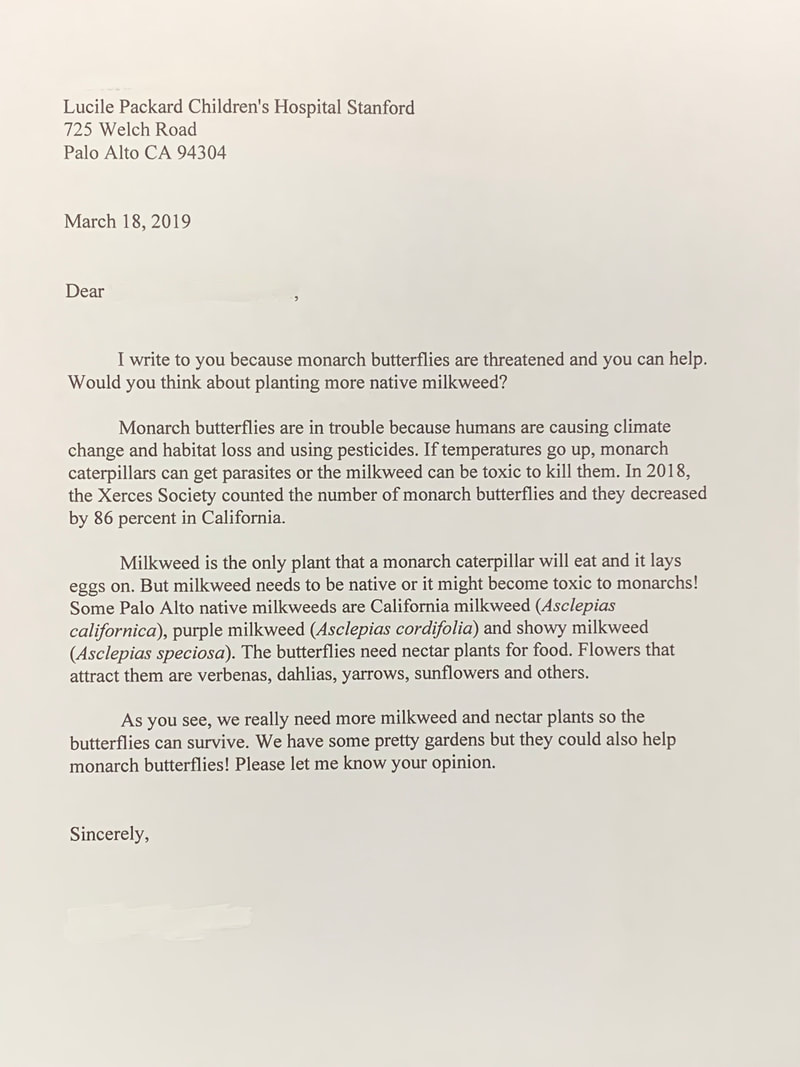
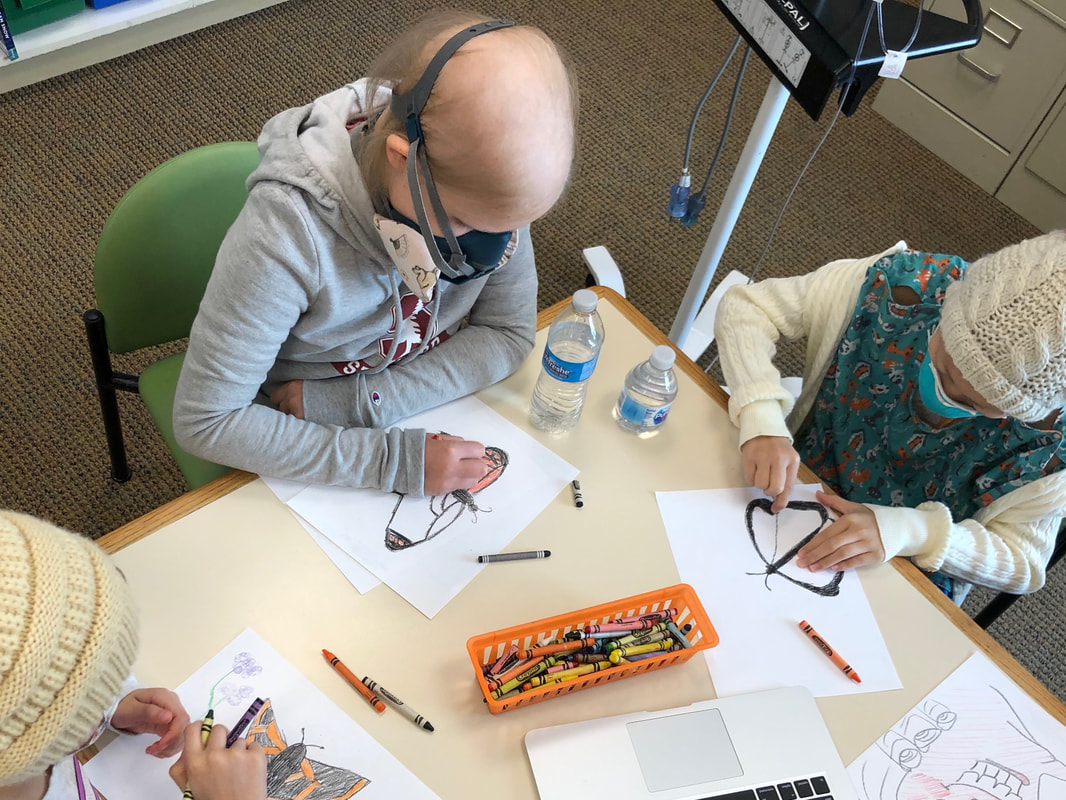
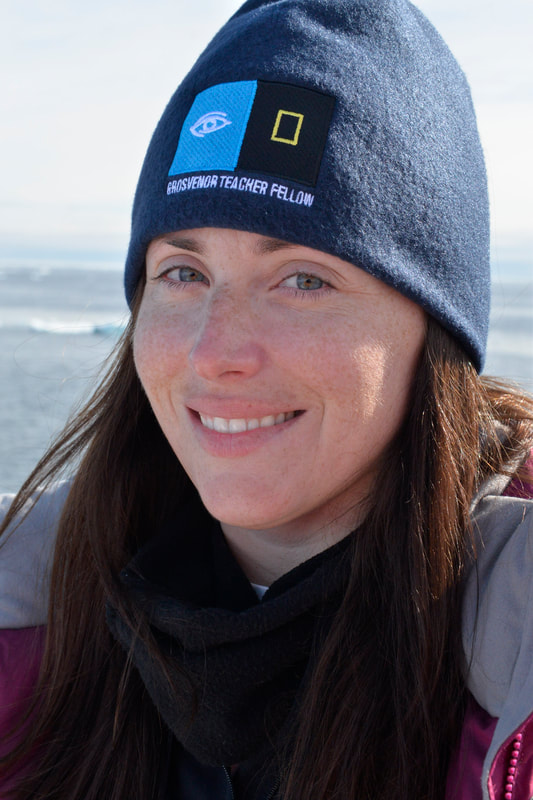
 RSS Feed
RSS Feed